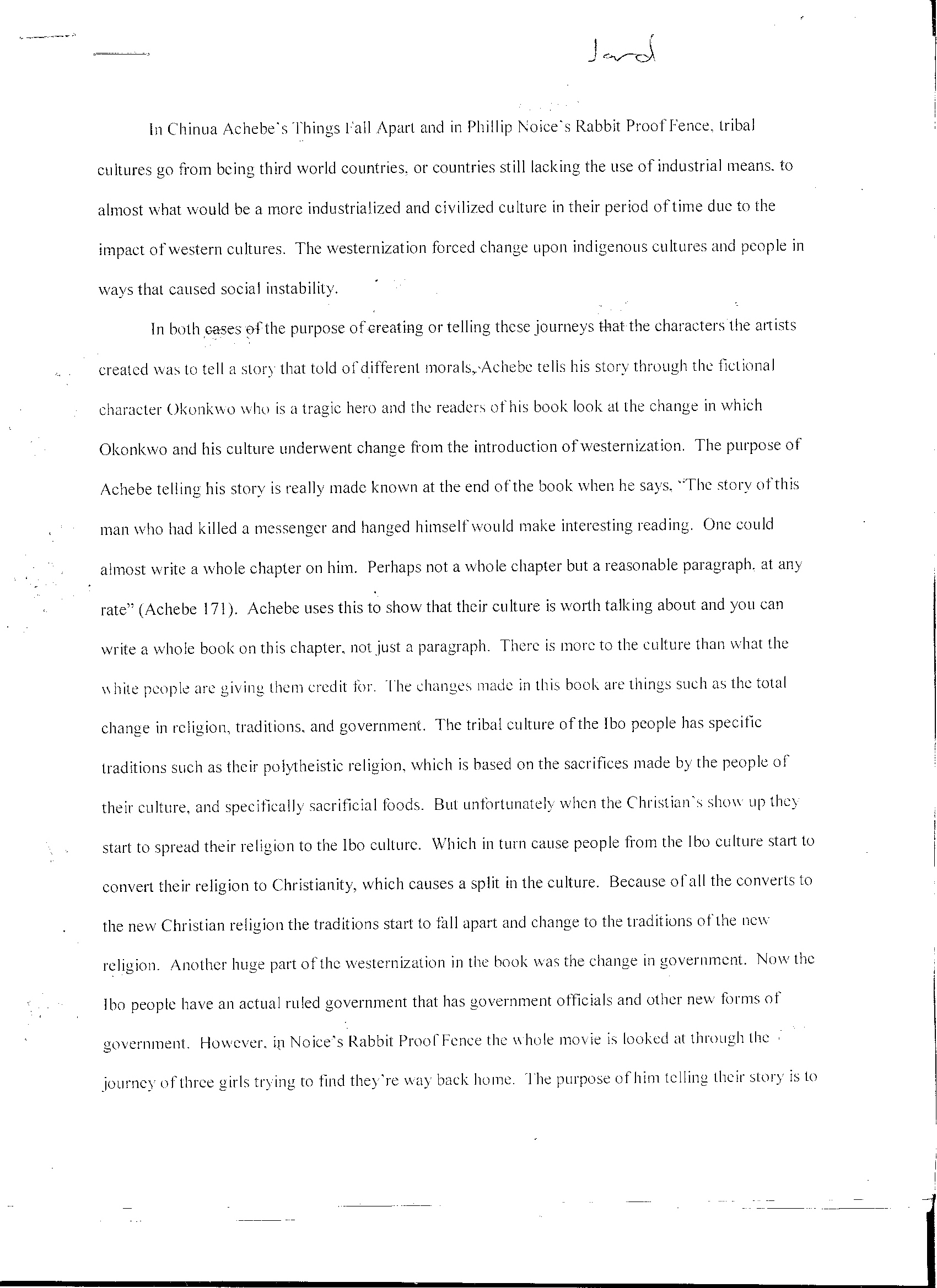Pavlov’s Dogs Study and Pavlovian Conditioning Explained.
Classical Conditioning Essay. Classical conditioning developed from the findings of Ivan Pavlov laying the foundations for behaviourism which was the dominant approach in psychology from the late 1800s to the early 1900s. Behaviourism studied the nature of relationships between the environment and the fact of observable behaviour. This essay.
Like many great scientific advances, Pavlovian conditioning (aka classical conditioning) was discovered accidentally. During the 1890s, Russian physiologist, Ivan Pavlov was researching salivation in dogs in response to being fed. He inserted a small test tube into the cheek of each dog to measure saliva when the dogs were fed (with a powder.

Essay Classical Conditioning And Operant Conditioning. experience.” The two types of learning principles we will be discussing are classical conditioning and operant conditioning. A Russian physiologist named Ivan Pavlov discovered classical conditioning. Classical conditioning “is a type of learning in which a neutral stimulus comes to.

Ivan Pavlov and Classical Conditioning. Ivan Pavlov and Classical Conditioning How much has a dog’s saliva contributed to psychology? Most would think not at all, but it actually has as Ivan Pavlov accidentally discovered that he could alter the unconscious response of an animal through a process known as classical conditioning.

Ivan Pavlov and his theory of classical conditioning had a profound impact on the understanding of human behavior. This lesson explains classical conditioning and Pavlov's contributions to psychology.

In operant conditioning, the learner must provide a correct response in order to received the reinforcement. Another difference between the two forms of conditioning is the type of behavior to which each method applies. Classical conditioning applies to a behavior that is always wanted. It was Pavlov’s purpose to have the dogs salivate on.

This essay has been submitted by a student. This is not an example of the work written by professional essay writers. Classical Conditioning Theory Of Learning By Ivan Pavlov.

Classical conditioning is a way of learning that happens when two stimuli are presented together, which then become associated with each other. Classical conditioning was first discovered by Ivan Pavlov, and it is so closely associated to him that it is sometimes even called Pavlovian Conditioning. (tags: Classical Conditioning Essays).

Essay text: Pavlov received the Nobel Prize in 1904 because of his work with the digestive process, but left that immediately after he discovered classical conditioning (Gale). Pavlov discovered classic conditioning while studying the digestive process of dogs, noticing how they would salivate to the sound of a bell without food being displayed.

Ivan Pavlov was a physiologist, but his discovery of classical conditioning heavily influenced the behaviorist movement. Learn about his life and work. Learn about his life and work. Pavlov's Dogs: The Discovery of Classical Conditioning.

Ivan Pavlov. Ivan Pavlov is a famed Russian physiologist that is well regarded for his progressive theories of classical conditioning. Pavlov had devoted his life studying physiology and scientists and was able to make several ground-breaking discoveries in his lifetime.

Discovered by Ivan Pavlov, classical conditioning is a learning process that occurs through associations between an environmental stimulus and a naturally occurring stimulus. It’s important to note that classical conditioning involves placing a neutral signal before a naturally occurring reflex. In Pavlov’s classic experiment with dogs, the.

Ivan Pavlov found classical theory then was adopted by John Watson. John Watson proposed that the classical conditioning theory was able to interpret all aspects of human psychology and behaviour. Everything such as speech to emotional responses were simply patterns of response and stimulus. Watson ignored completely the influence of the mind.



